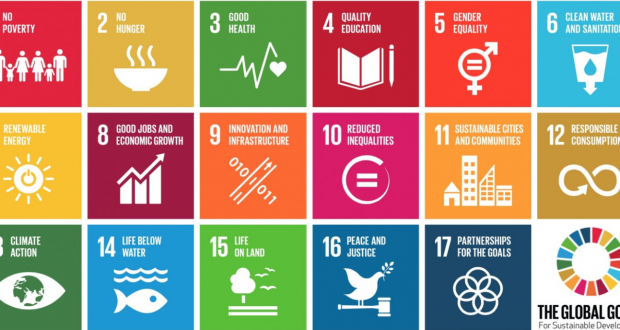فوائد كليات المجتمع الليبية
Benefits of Libyan Community Colleges

·
الاستجابة
لإحتياجات
تنمية
المجتمع
المكانية أو
المحلية حسب
الموقع
الجغرافي
وإحتياجاته
من الموارد
الطبيعية
المتاحة
(النفط والغاز
والسياحة
والطاقة
المتجددة، …
الخ).
·
المساهمة
في تلبية
احتياجات
إدخال
تطبيقات الحكومة
الإلكترونية
مع وضع مفهوم
“اللامركزية
في الخدمات
العامة” في
الاعتبار.
·
المساهمة
في توطين
التنمية
المستدامة
وتعزيز
المحافظة على
النسيج
العائلي
والاجتماعي
والديموغرافي
للمجتمع
المحلي.
·
الإحياء
لأنواع
مختلفة من
الأنشطة
الاجتماعية
والاقتصادية
داخل
المجتمعات
الأصغر حجمأ
بما يسمح لكل
إقليم
بالمساهمة
أكثر في البانوراما
الوطنية
الشاملة.
·
تشجيع
الهجرة
العكسية
للكتلة
السكانية من المدن
الكبرى وإلى
المجتمعات
المحلية
الأصغر حجماً
لزيادة
احتمالات
توفير ظروف
معيشية مزدهرة
وتوزيع
ديموغرافي
أكثر توازنا.
·
تأثير
إيجابي على
توفير خدمات
المجتمع المحلي
في عدة جوانب
مختلفة من الناحية
الاجتماعية
والاقتصادية
والثقافية (الصحة
والتعليم
والسلامة
والأمن،
والرياضة، …).
·
Respond to the
spatial or local development needs of the community according to geographical
location and its natural resource needs (oil, gas, tourism, renewable energy,
etc.).
·
Contribute to
meeting the needs of introducing e-government applications and keeping the
concept of “decentralization of public services” in mind.
·
Contribute to
the localization of sustainable development and promote the preservation of the
family, social and demographic fabric of the local community.
·
Revive
different types of social and economic activities within smaller communities,
allowing each region to contribute more to the overall national panorama.
·
Encourage
reverse migration of population from large cities to smaller communities to
increase the likelihood of more prosperous living conditions and more balanced
demographic distribution
· Has a positive impact on the provision of community services in various social, economic and cultural aspects (health, education, safety, security, sports, etc.)
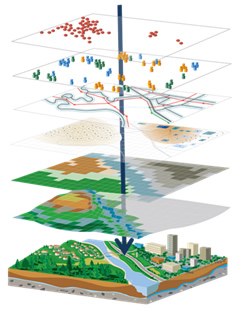




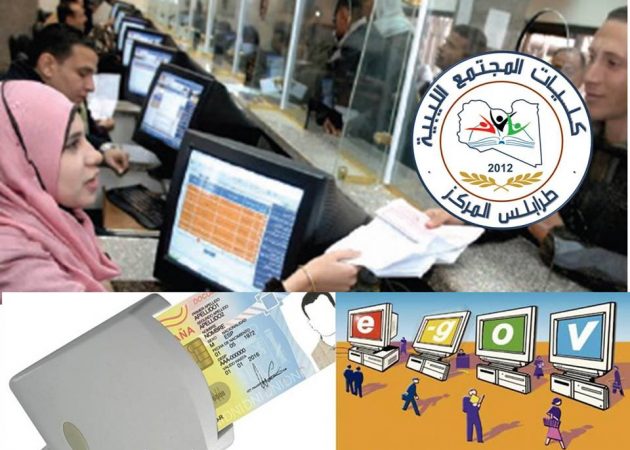
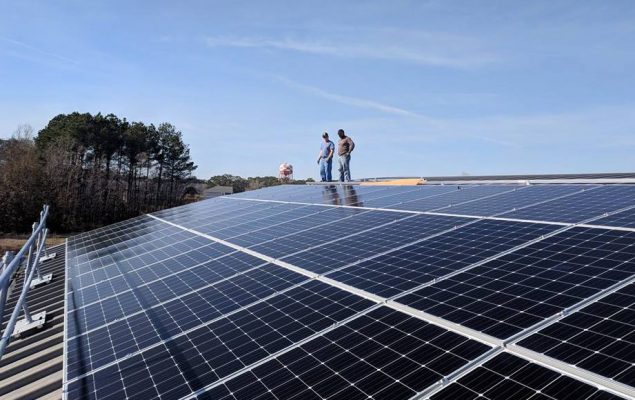
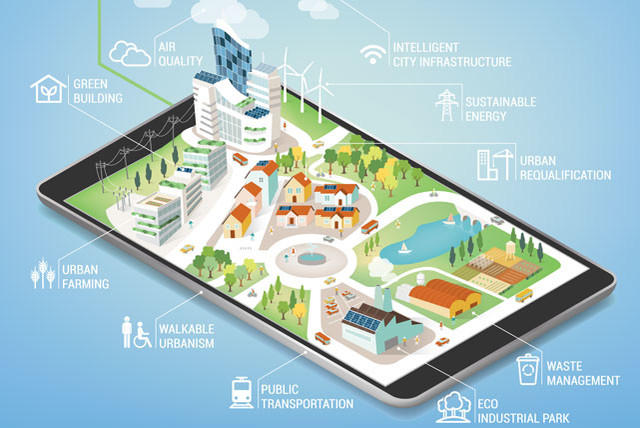
إعلان ليون 2015 - أهداف الأمم المتحدة للتنمية المستدامة بحلول 2030
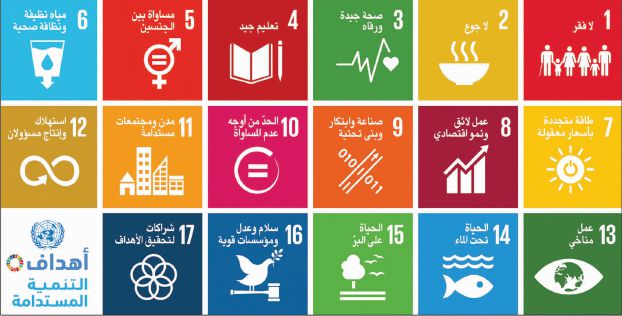
Lyon Declaration 2015 - The UN Global Goals for Sustainable Development
